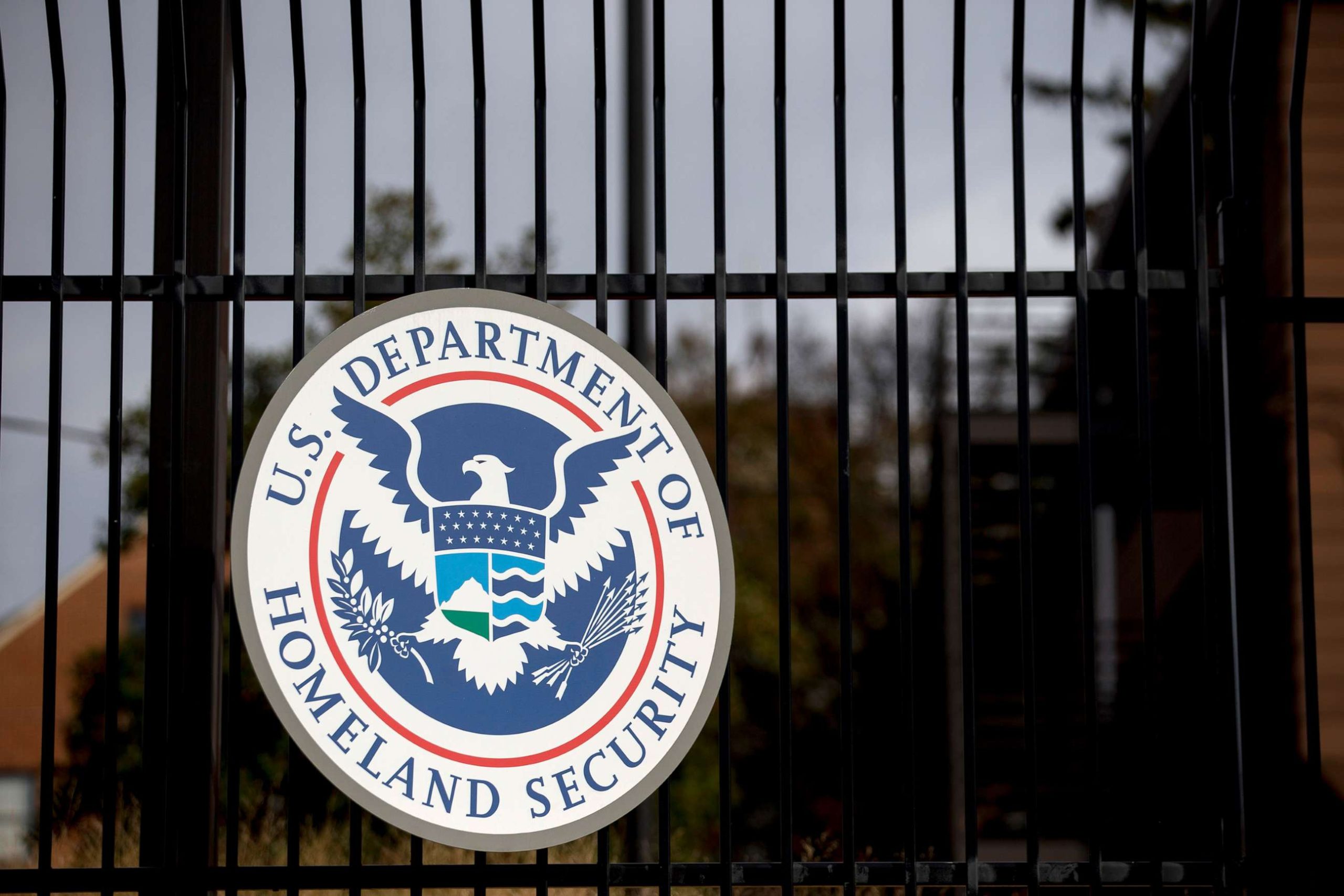An Overview of the Major Challenges Confronting the 2024 Election
The 2024 election in the United States is expected to be one of the most consequential and closely watched elections in recent history. As the country grapples with a range of pressing issues, there are several major challenges that will shape the outcome of this crucial election. From political polarization to voter suppression, here is an overview of the key challenges confronting the 2024 election.
1. Political Polarization:
One of the most significant challenges facing the 2024 election is the deepening political polarization in the country. Over the past few decades, Americans have become increasingly divided along ideological lines, making it difficult for candidates to appeal to a broad base of voters. This polarization has led to heightened partisanship and a lack of compromise on important policy issues. The 2024 election will require candidates to find ways to bridge this divide and appeal to voters across the political spectrum.
2. Voter Suppression:
Voter suppression has become a major concern in recent years, with many states implementing laws and policies that disproportionately affect minority communities and make it harder for certain groups to vote. These measures include strict voter ID requirements, purging voter rolls, and limiting early voting options. The 2024 election will see a renewed focus on ensuring fair and equal access to the ballot box, as advocates push for reforms to protect every citizen’s right to vote.
3. Disinformation and Misinformation:
The spread of disinformation and misinformation has become a significant challenge in modern elections. With the rise of social media platforms and the ease of sharing information online, false narratives and conspiracy theories can quickly gain traction and influence public opinion. The 2024 election will require efforts to combat the spread of disinformation, promote media literacy, and ensure that voters have access to accurate and reliable information.
4. Election Security:
Ensuring the security and integrity of the electoral process is a critical challenge for the 2024 election. Following concerns about foreign interference in the 2016 and 2020 elections, there is a heightened focus on protecting the voting systems from cyberattacks and other threats. Election officials will need to invest in robust security measures, including secure voting machines, voter registration systems, and training for election personnel.
5. Campaign Finance:
The role of money in politics continues to be a major challenge for the 2024 election. The influence of wealthy donors and special interest groups can skew the democratic process and limit the voices of ordinary citizens. Candidates will need to address campaign finance reform and find ways to reduce the influence of money in politics to ensure a fair and equitable election.
6. Voter Engagement and Turnout:
Low voter turnout has been a persistent challenge in American elections. In the 2024 election, candidates will need to focus on engaging and mobilizing voters, particularly young people and minority communities who historically have lower turnout rates. Efforts to expand access to voting, increase voter education, and promote civic participation will be crucial in ensuring a robust and representative democracy.
In conclusion, the 2024 election faces several major challenges that will shape its outcome and impact the future of American democracy. From political polarization to voter suppression, disinformation, election security, campaign finance, and voter engagement, addressing these challenges will require concerted efforts from candidates, policymakers, and citizens alike. By recognizing and actively working to overcome these obstacles, the United States can strive for a fair, inclusive, and transparent electoral process that truly represents the will of the people.



